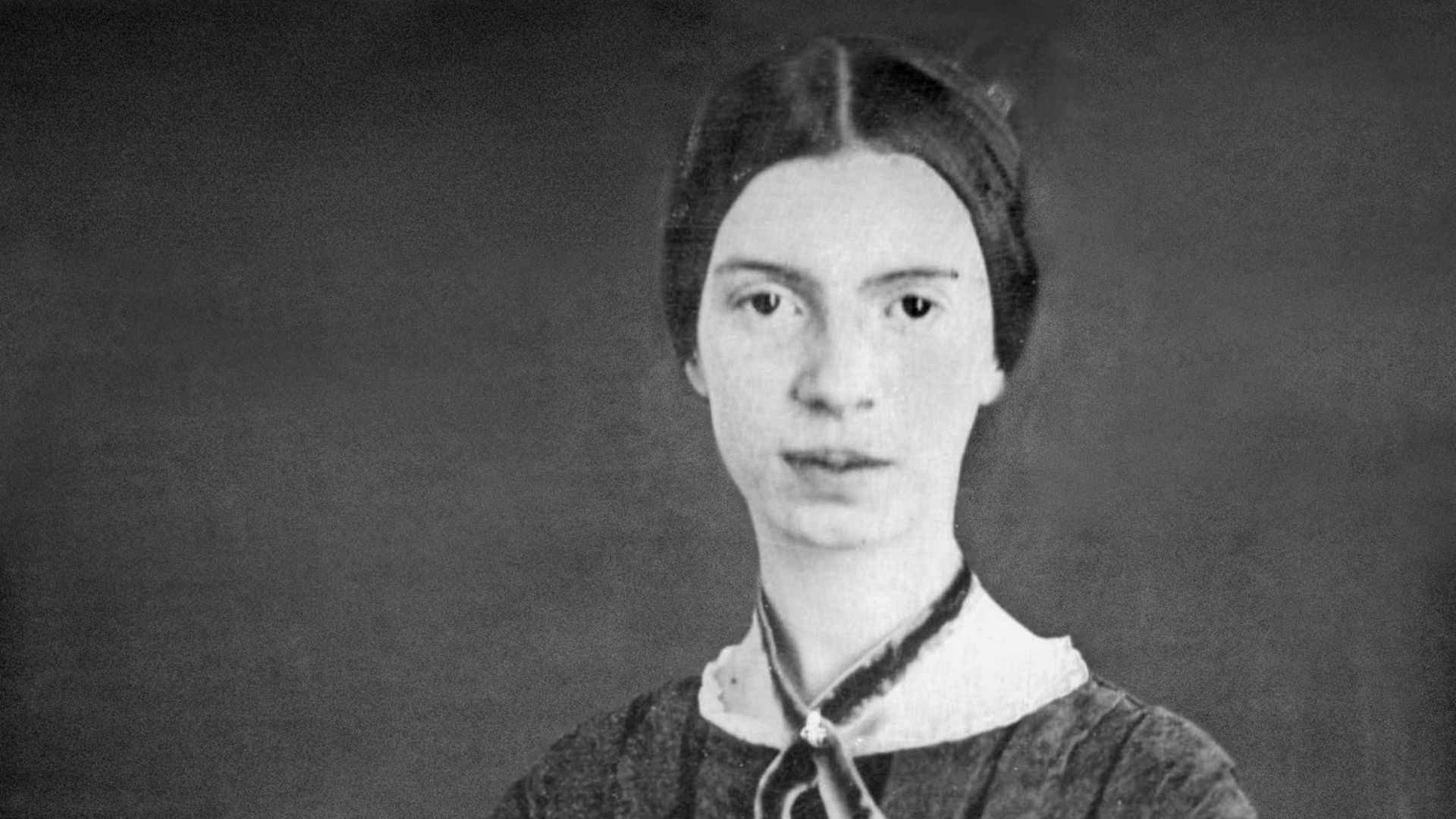If I Can Stop One Heart From Breaking, Poem by Emily Dickinson
If I Can Stop One Heart From Breaking,
If I can stop one heart from breaking,
I shall not live in vain;
If I can ease one life the aching,
Or cool one pain,
Or help one fainting robin
Unto his nest again,
I shall not live in vain.
Did Emily Dickinson really write this poem? It just doesn't sound like her - neither the sentiment, nor the style. Her poems are almost never so straightforward, nor her versification so regular. It's more sentimental and trite than any other of her poems that I can recollect. Is it possible that one of her early editors inserted it? Does it exist in her own handwriting? I'm just curious.
As a poet myself, I can say conclusively that she DID write this poem, and not simply based on what we learned in school. A writer's style can change, morph, or evolve over the years. Also, what kind of day you are having affects your writing content- - a good day filled with gratitude, or one full of tragedy. And Miss Dickinson was no stranger to tragedy! This could have been one of her earlier poems, from when she was younger. She certainly did love birds, and could identify with a broken heart.
words flow from heart, feelings linger in soul. whatelse one need expect from THE poet
This is the oft quoted lines, invariably in every occasion of Violation of HumanRights, by theJurists.So meaningful, So touchy, So consoling, So inspiring, So thoughtful- The lines still lingers within and without.May Her SOUL REST IN PEACE AND JOYOUS.
Dickinson here speaking with the tongue of anyone who's out there to help people. Treating, healing, counselling, alleviating pain of any sort. It's about serving humanity. It's what gives life meaning. Otherwise, life is in vain.
Small and lovely poem full of compassion and human concern. I would like to translate the poem into Hindi. Thanks a lot.
Ir's a sad poem the three lines that show it are If I can stop one heart from breaking, I shall not live in vain; If I can ease one life the aching,
This poem has not been translated into any other language yet.
I would like to translate this poem
please provide deatils of this poem